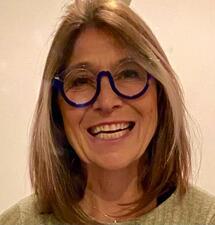
Analía Bortz
Analía Bortz is the first Latin American woman ordained as a Conservative rabbi. Her approach to spirituality and religion combines with her medical training. As a doctor specializing in bioethics, she has also helped women and couples with fertility issues.
Anna Pavitt Boudin
A dentist by career, Anna Pavitt Boudin is remembered for her prominent role in the American’s Women ORT. While maintaining her own private dental practice, Boudin became the founding president of Women’s American ORT, an organization that grew to be one of the largest Jewish women’s organizations in the United States.
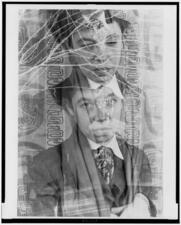
Jane Bowles
Admired for her darkly comic wit by writers like Truman Capote, Tennessee Williams, and John Ashbery, writer Jane Bowles became the center of an avant-garde circle in Morocco with her husband, writer Paul Bowles. Her works have garnered critical acclaim long after her death.
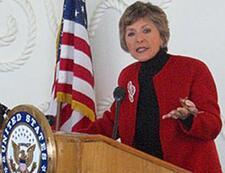
Barbara Boxer

Hansi Brand (Hartmann)
Hansi Hartmann started helping escaped Jewish refugees in Hungary with her husband Joel in 1938. She later played a central role in The Relief and Rescue Committee, founded by Joel in 1942, and went on to save thousands of Jews. After the war, she emigrated to Palestine and gave critical testimony at the Kasztner and Eichmann Trials.
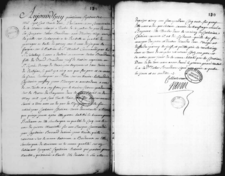
Esther Brandeau
Esther Brandeau was born in southwestern France around 1718, descended from exiles of the Inquisition in Iberia. Brandeau passed as Christian and male across France for five years before setting sail as Jacques La Fargue. Doubly outed at or en route to Québec, Brandeau | La Fargue was ultimately deported from New France, purportedly for refusing to convert to Christianity.
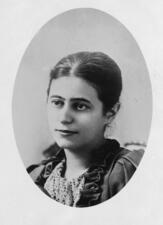
Alice Goldmark Brandeis
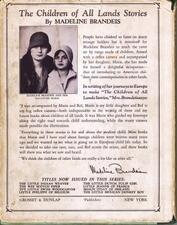
Madeline Brandeis
Born in San Francisco in 1897, Madeline Brandeis was a noted children’s book author and pioneer filmmaker, who produced films outside the mainstream Hollywood studios. Until her untimely death in 1937, Brandeis traveled the world in search of stories to tell, while aiming the lens of her camera at the lives of her characters.
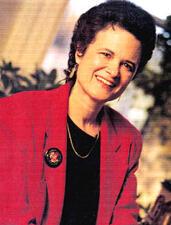
Renee Brant
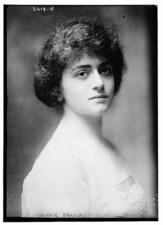
Sophie Braslau
In her short life, Sophie Braslau was an extraordinary contralto and international opera sensation. After making her debut at the Metropolitan Opera in New York at age eleven, she toured the United States, Europe, and Canada and recorded many albums. She also sang at fundraisers such as the Omaha Hebrew Club campaign to raise money for Jewish war sufferers.
Ruth Light Braun
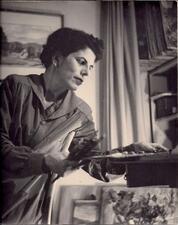
Susan Braun
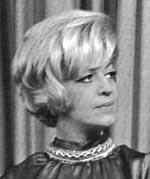
Brazil, Contemporary
Brazil is home to the second largest Jewish community in South America. Jewish women played important roles in the absorption of Jewish immigrants from Europe, the Middle East, and North Africa, and also made important contributions to Brazilian intellectual and artistic life.
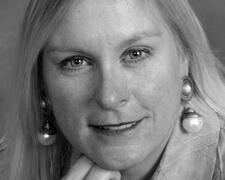
Lainie Breaux
Elsie Oschrin Bregman
Psychologist Elsie Oschrin Bregman’s pioneering research changed how psychologists measured intelligence. Her research ranged from measuring intelligence in saleswomen to army recruits.
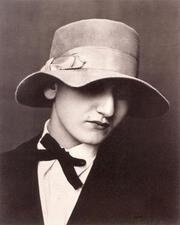
Anita Brenner
Anita Brenner, an anthropologist, journalist, and art historian, was born in Aguascalientes, Mexico, to Jewish immigrants from Latvia and grew up in Mexico and Texas. She was an important part of the Mexican Renaissance cultural scene, and the internal tension she experienced as Mexican, American, and Jewish provided her with insight into both Mexican and Jewish identity.
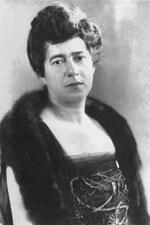
Rose Brenner
As president of the National Council of Jewish Women, Rose Brenner focused on inclusion of people who were often marginalized—the deaf, the blind, and those isolated in rural areas.
Marianne Breslauer
Marianne Breslauer was known for her style of quiet, poetic street scenes of Paris and Berlin and her photographs of Palestine in 1931. Breslauer studied at the Lette-Verein, the first school for women photographers, and was awarded the Hann Höch Prize in Berlin in 1999.
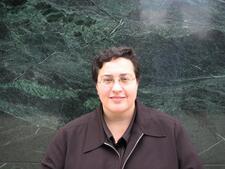
Marla Brettschneider
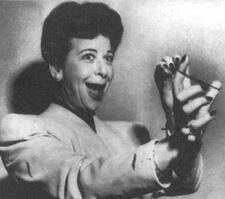
Fanny Brice
One of America’s great clowns, Fanny Brice built her career on a Yiddish accent and a flair for zany parody. Brice earned a reputation as a vaudeville star before creating some of her best-loved comedic personae for radio.
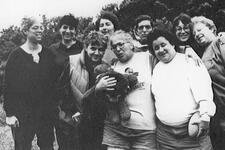
Bridges: A Journal for Jewish Feminists and Our Friends
Bridges: A Jewish Feminist Journal emerged in the overlap of late twentieth-century feminism and the Jewish and connected Jewish feminist writers, activists, and artists with each other, and with various public forums, for more than two decades. As a project made by, for, and about Jewish feminists, it became a space of creative collaboration, and a place to showcase late twentieth-century Jewish feminist cultural projection.
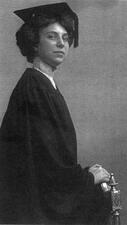
Jeanette Goodman Brill
Varvara Alexandrovna Brilliant-Lerman
Varvara Brilliant-Lerman was a well-known plant physiologist in Russia, whose main works were devoted to the physiology of photosynthesis. She took advantage of the increased ability of women to have careers in science due to the Bolshevik revolution in 1917, teaching at several institutions in Russia. Brilliant continued teaching and researching until her death in 1954.
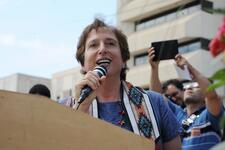
Deborah Brin
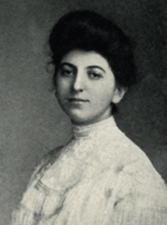
Fanny Fligelman Brin
A riveting public speaker, masterful politician, skilled organizer, and administrator, Fanny Fligelman Brin, who served two terms as president of the National Council of Jewish Women, from 1932 to 1938, is best remembered for her work on behalf of world peace during the interwar years.


